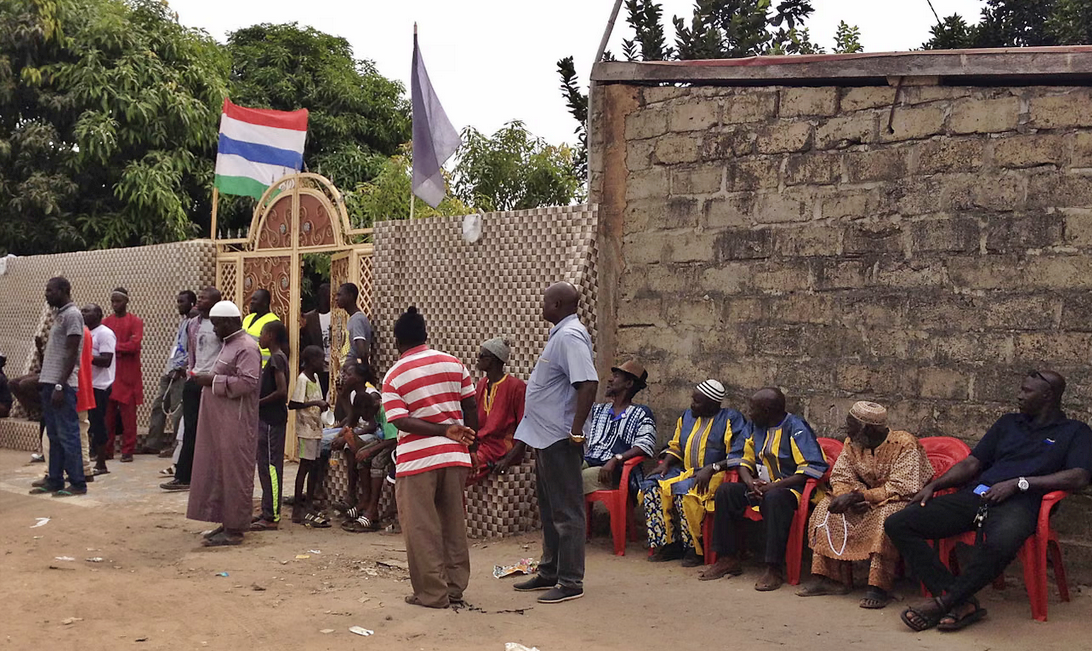Gambiaj.com – (BANJUL, The Gambia) – Power has always fascinated humanity. It elevates, exposes, and sometimes destroys. Across cultures, from Youssou Ndour’s Sa Doole to timeless parables, one truth remains constant: power does not change a person; it reveals them. It uncovers strength or insecurity, depending on what already lives beneath the surface.
In The Gambia, this psychology of power is particularly visible. Ours is a small nation where everyone knows someone who knows everyone else. In such a close-knit society, power often feels bigger than the office it occupies. Even a modest title can change how a person walks, speaks, or carries themself.
A shift in responsibility can suddenly influence how people greet you, talk about you, and expect you to behave. And because personal histories are widely known, the temptation to use authority for personal advantage becomes stronger.
Power can easily become a tool for settling old grievances, reshaping narratives, or proving superiority.
At its core, power amplifies personality. Those who are secure use it to build, guide, and serve. Those driven by insecurity use it to dominate or silence.
That is why, in every society, including ours, some handle authority with grace, while others become defensive, aggressive, or intimidating. Their reactions stem not from the title they hold but from the fears they carry.
The transformation often starts subtly. A person may begin with a genuine desire to serve, but over time the seat becomes more important than the responsibility.
Instead of protecting the public good, they begin protecting their position. The office stops being a platform and becomes a shield. Values like humility, integrity, and community slowly become secondary to survival.
This is how the position keeper emerges. We see them across sectors. They are not driven by ideas, excellence, or results, but by fear, fear of losing relevance, visibility, or control.
To feel secure, they build small alliances, avoid honest voices, and surround themselves with people who agree, obey, or applaud. In that silence, mediocrity grows. Innovation fades. Institutions stall. Excellence becomes threatening because it forces reflection and raises expectations.
These dynamics are not abstract. I have seen how power, personality, and perception intersect within the civil service.
At one point in my career, my former Minister was promoted to replace my current Minister, creating a natural tension between the two. Some colleagues were drawn into the differences, but I was reminded by my brother-in-law, Honourable Lamin Kiti Jabang, to focus on what I could control: my duties, the principles of the civil service, and my professional integrity.
Moments like this reveal how power can shape decisions based on perception rather than full context. The lesson reinforces a key theme of this reflection: true strength under authority comes from remaining principled, neutral, and values-driven, even when the environment is influenced by the ambitions or insecurities of those above us.
This pattern is not new. A few months ago, in my reflection What Power Forgets, History Will Remember, I wrote that power is temporary, on loan, and accountable to something greater than itself. That message feels even more relevant today.
The behaviors we display in moments of authority are remembered long after the authority itself has passed. In a country as small as The Gambia, where stories travel quickly and memories run deep, history becomes personal. Titles fade, but conduct endures.
Unfortunately, our society sometimes allows these behaviors to flourish. Mediocrity survives because it feels safe, while excellence unsettles. A competent person raises standards. A principled person forces reflection.
A courageous person exposes the insecurities of those who cling to their seats. And so many choose the comfort of mediocrity over the challenge of excellence.
But comfort comes at a price. Power is never loyal to those who misuse it. Those who rise on alliances fall with alliances. Those who rule by fear eventually fear everyone. Those who cling too tightly to their seat soon discover the seat was never theirs. It belongs to the people, and the people, quietly and gradually, decide its fate.
Still, there is hope. The Gambia has produced leaders in communities, institutions, and national life who understand power differently.
They see authority as stewardship, not entitlement. They speak with humility and act with calm. They uplift others rather than suppress them. They know leadership is measured not by volume or intimidation, but by fairness, dignity, and integrity.
In a country as small as ours, where every action echoes loudly, this kind of leadership is essential. The psychology of power teaches that real strength is quiet, steady, and grounded. Those who misuse authority often do so because of unresolved inner battles.
Those who use power to unite, solve problems, and create fairness show that leadership is not about the seat one occupies but the values one carries.
In the end, power hands each of us a mirror. It shows the world who we are and reveals to us who we have become. Long after titles fade, one question endures: Did your power serve the people, or did it serve your fears? And in The Gambia, where every person holds influence in a home, a community, or a workplace, that question belongs to all of us.











One Response
A true reflection of what is happening in our society. As the saying goes ( nit lum la opaleh won la ko).